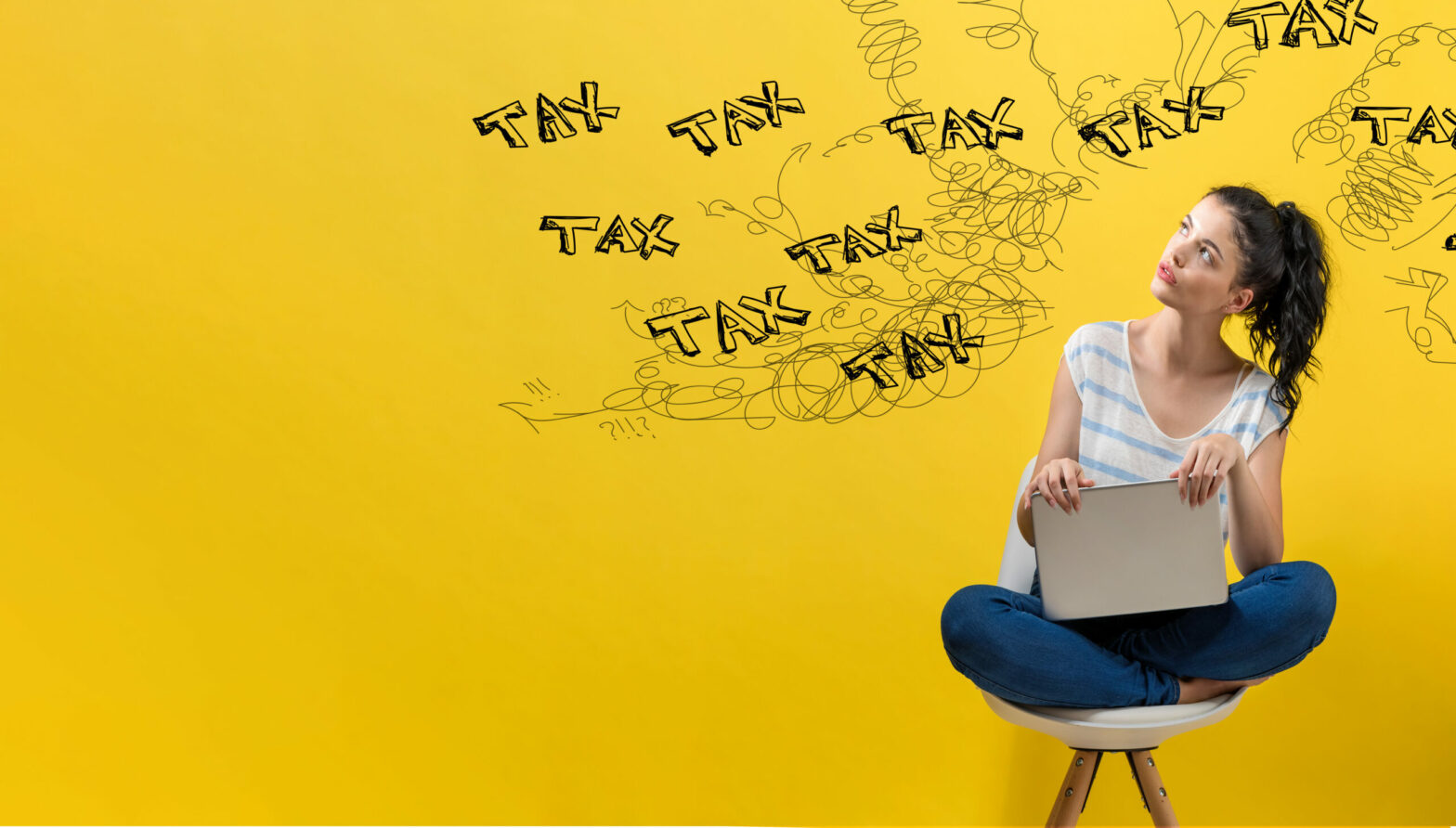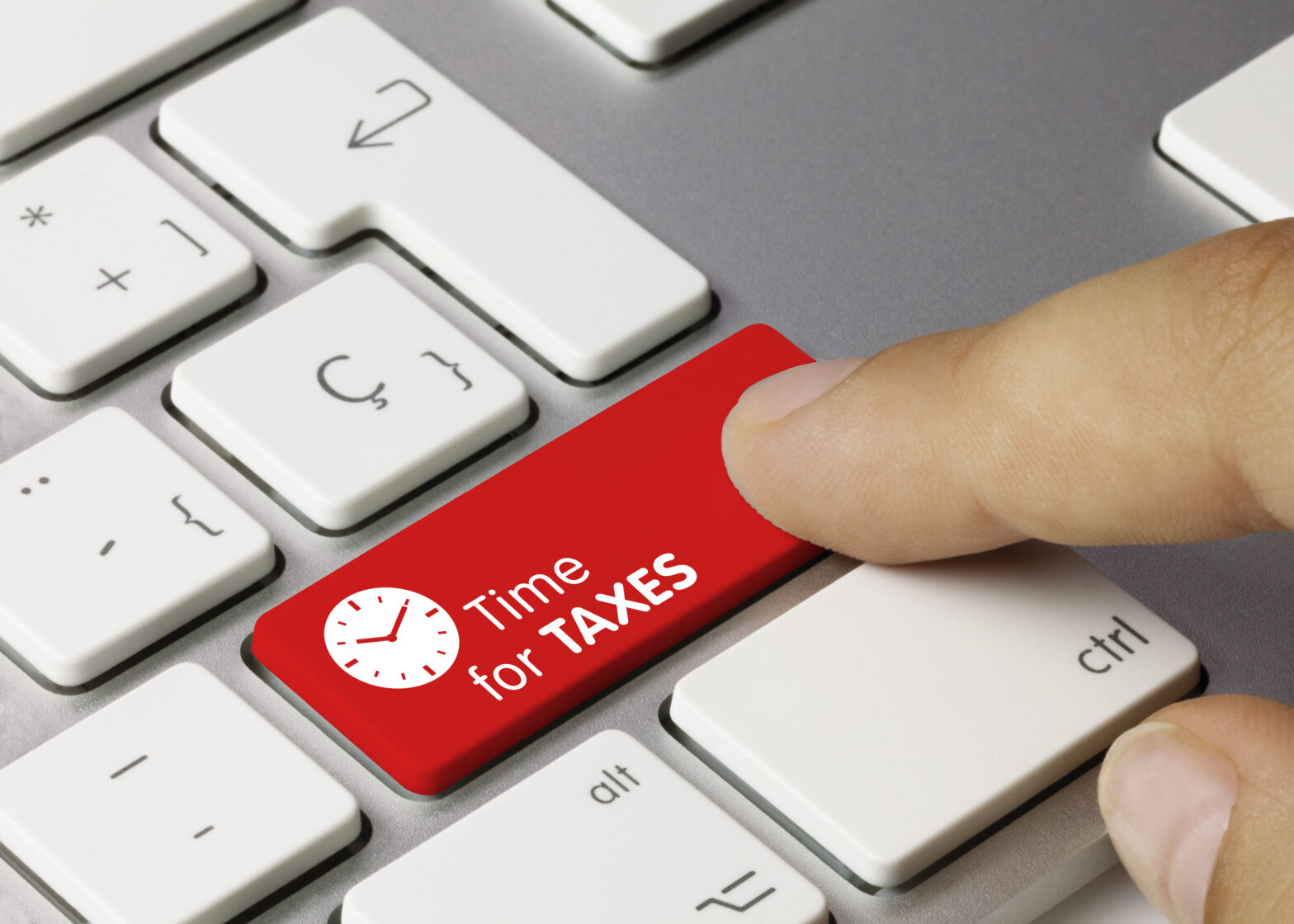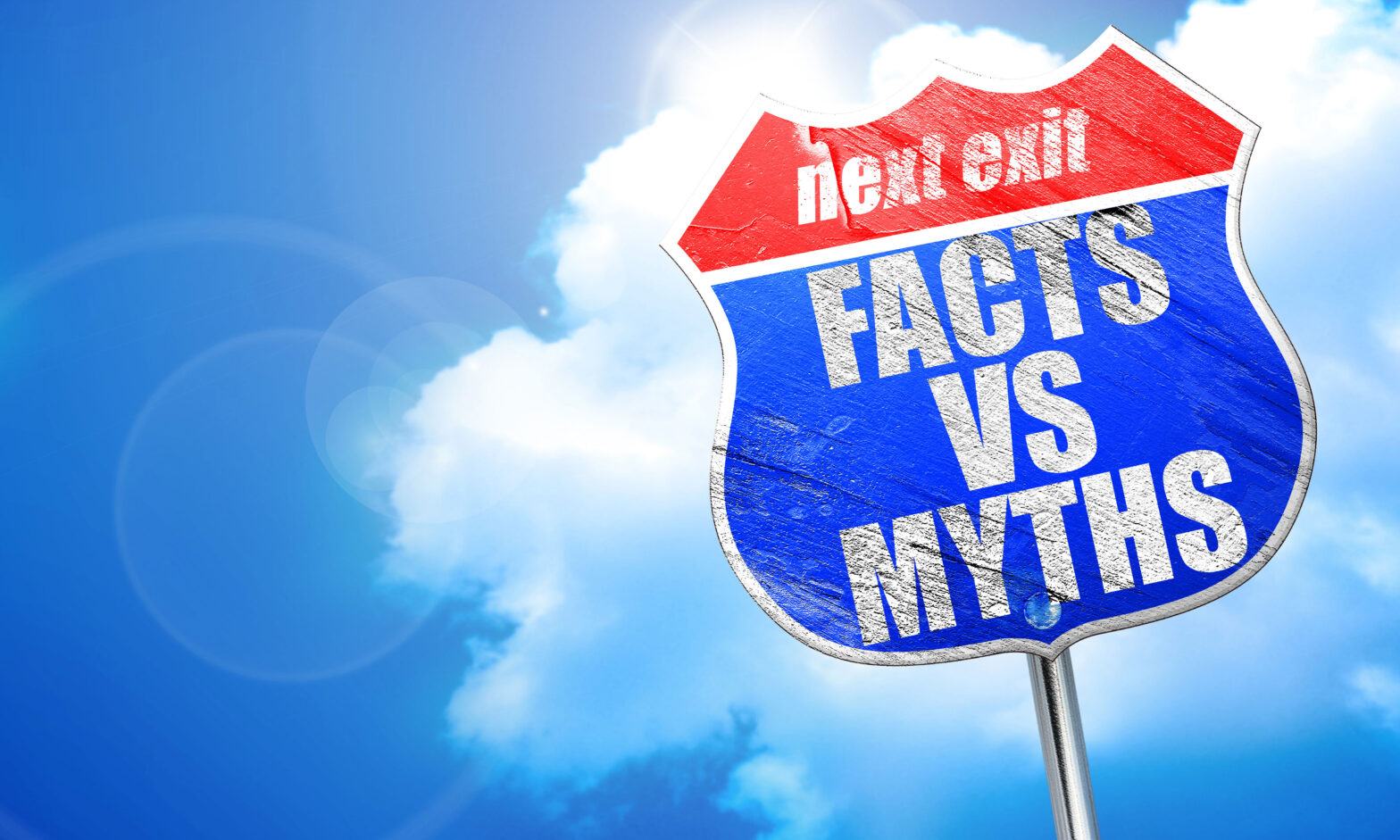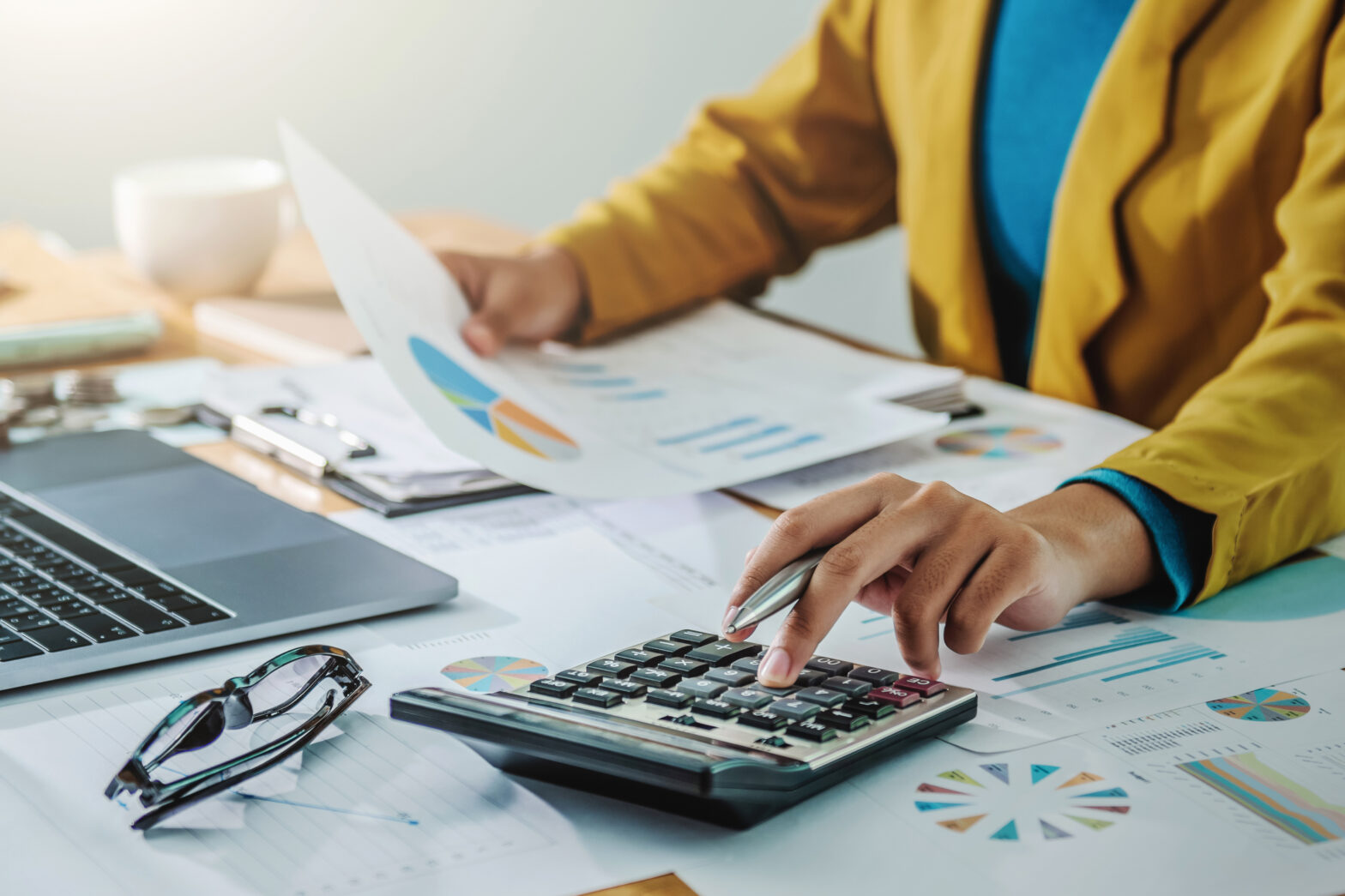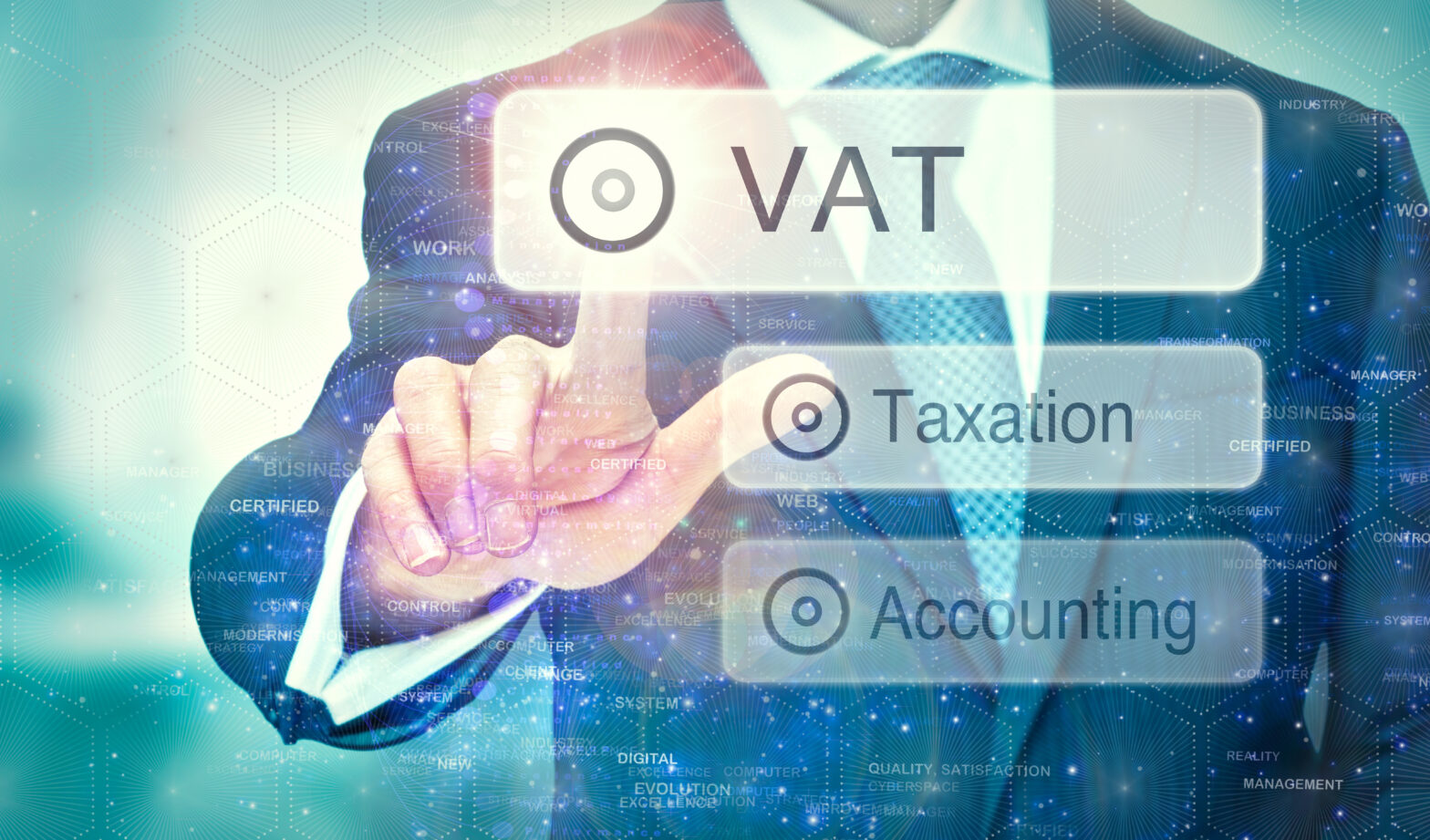Millions of self-employed and small businesses face having to pay income and corporate tax bills much earlier, as the Treasury seeks to fill its £31bn tax gap.
The £31bn is the money HMRC should be collecting but falls through the gaps in the current tax system.
And small businesses, including freelancers, are the worst miscreants for this, accounting for £13.4bn of this tax gap.
>See also: 1m self-employed face having to pay tax bill larger than what they earnt
As part of a raft of 30 consultations and updates, the Treasury has proposed bringing forward the payment of income tax self-assessment and corporation tax for small companies. The Treasury suggested accelerating all tax payments after 2024 to fulfil its “vision [for] a tax system that works closer to real time”.
The consultation suggested using the rollout of the requirements on digital filing of tax returns under Making Tax Digital over the next two years to use up-to-date data to “bring the calculation and payment of tax closer to the point where the income or profit arises”.
Jesse Norman, financial secretary to the Treasury, said the government recognised the plan would be a significant change and, as a result, “has no intention to make significant changes to the timing of income tax or corporation tax payments within the present parliament”.
Glenn Collins, head of policy at ACCA, said: “It’s important that the tail doesn’t wag the dog when it comes to tax for small businesses. These SMEs will be vital to the UK’s economic recovery and while data is vital for the running of their businesses they can’t afford to be tied up with complex quarterly tasks solely for tax purposes, so we hope the government will keep it as simple as possible.”
Tax self-employed more like employees
Meanwhile, there will be a review of a modern “pay-as-you-go” system to tax the self-employed more like employees.
The government believes taxing the income of the self-employed in real time as they earn, in the same way employees pay monthly taxes, will limit error and people “bending and breaking the rules”.
Around 30m employees pay weekly or monthly taxes through PAYE, while freelancers typically pay tax in bigger instalments two or three times a year. The government argues this is harder to manage and leads to the self-employed falling into debt when their unmanageable tax bills arrive.
>See also: Self-employed should pay equal tax with employees, says top thinktank
Seb Maley, CEO of contractor insurance firm Qdos, said: “If the government wants to modernise the tax system, they must explore ways to make tax actually work for the self-employed. For far too long, the self-employed have been hit hardest by reckless tax hikes and short-sighted reforms. It’s time for change. The government have an opportunity to build a fairer tax system, but whether they actually do it remains to be seen. I’m sceptical. By ignoring IR35, which is arguably the elephant in the room, you could say they’ve already made their position clear.”
Further reading
Super-deduction tax break – what is it and how does it work?
